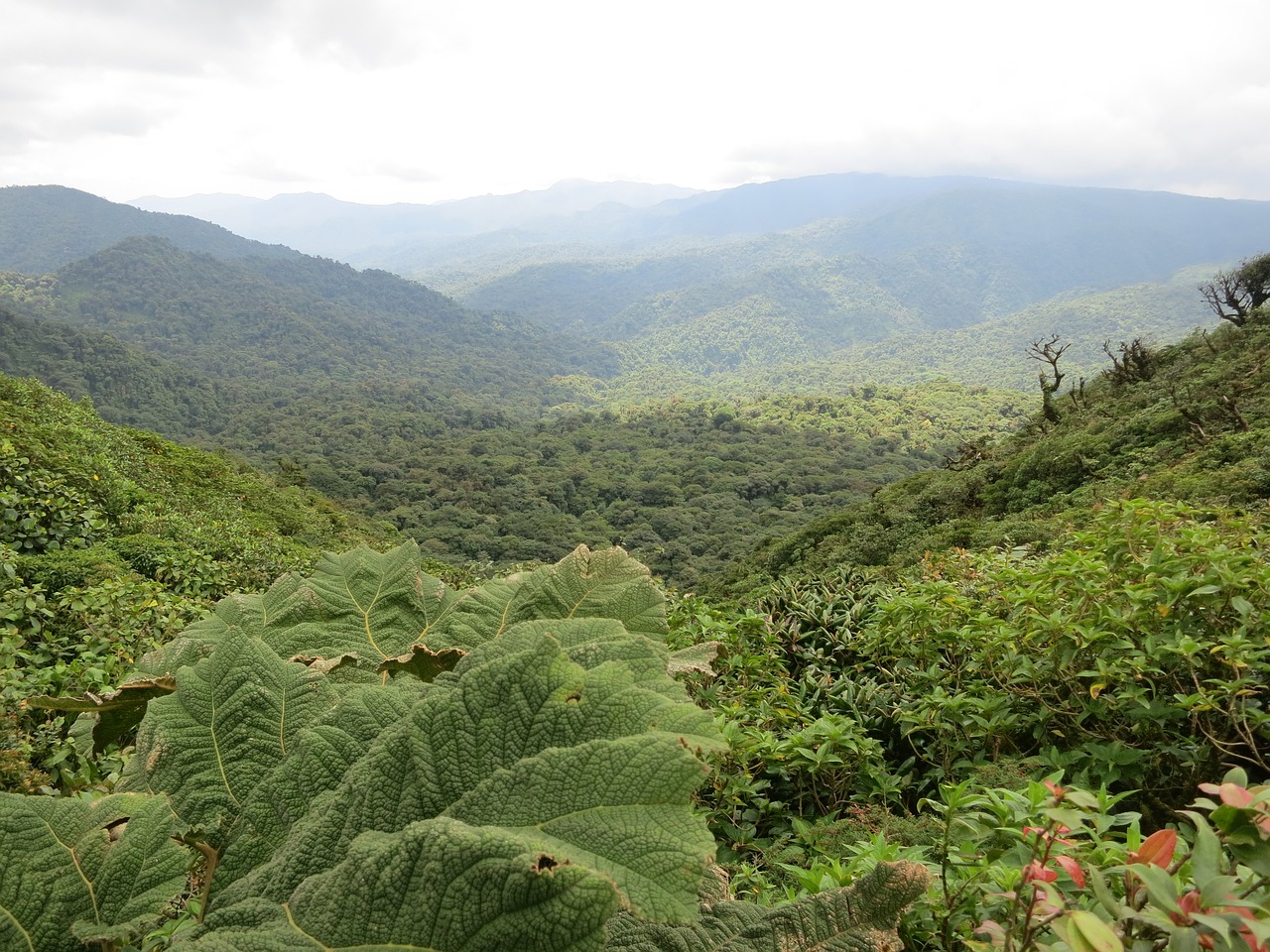
It has been three years since the European Court of Justice (ECJ) ruled that Poland had violated EU law by fighting in the Bialowieza jungle. Poland then stopped the fights that had started in 2016. Now the Polish government wants to start felling again. The Polish Ministry of Climate and Environment yesterday signed new quotas for two of the three forest districts in the natural area.
The forest on the Polish-Belarusian border is considered to be one of the last primeval forest areas in Europe. The natural area extends far from Poland to Belarus and is also recognized as a UNESCO World Heritage Site. In addition, part of it is specially protected on the Polish side as a Natura 2000 area under EU law.
The outrage was correspondingly great when the Polish government allowed almost three times as much wood to be felled in the jungle five years ago as before. The increased quotas were justified by the spread of the bark beetle. The government now argued similarly. The deforestation is necessary to clear paths and protect trees from being infested with the bark beetle, according to the official justification.
Commission threatens sanctions
In February, the EU Commission threatened Poland with financial sanctions if the country does not comply with the ECJ ruling. The Commission also criticized Poland for not repealing the 2016 annex to the forest management plan for the Bialowieza Forest District and replacing it with appropriate protective measures.
According to Polish Deputy Climate Minister Edward Siarka, the new deforestation plans would not violate the court ruling. The Commission objected to the proposed quota in only one of the three forest districts. This is excluded from the new plans. In the other two forest districts, felling would only begin when the breeding season for wild birds was over. And there would be no felling in those parts of the forest that are more than 100 years old.
The nature conservation organization Wild Poland Foundation spoke of a „slap in the face“. The NGO ClientEarth also had doubts that older trees were actually spared. The plans were too poorly prepared for that, it said.



